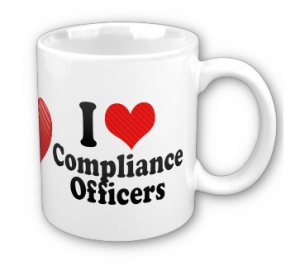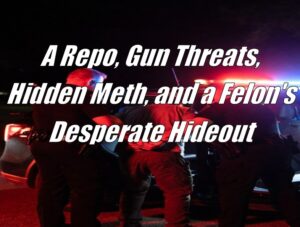A few years ago I was in another state (which shall go unnamed here) working with a group of collateral recovery business owners to pass a minimum, sensible and effective law regulating the licensure and oversight of those who provide self-help (non-judicial) repossession services. It was a State Senate hearing and there were a number of collateral recovery business owners there supporting our Bill. However, in the crowd there was one business owner who opposed our efforts. His reason, which he really did say openly to the Senate Committee, was that “if this legislation passed into law he would have to terminate several of his employees because they were convicted felons”.











More Stories
Rising Fuel Costs Are Impacting Repossession Operations
Colorado Bill Aims to Severely Impact All Repossession Operations
Today is Fallen Agents Day – 2026
From Auction Cutting to Field Programming: The Structural Shift No One Budgeted For
Bad Apples in the Repossession Industry
Why Self-Help Repossession Is Taken for Granted — and Why Losing It Would Hurt Consumers Most